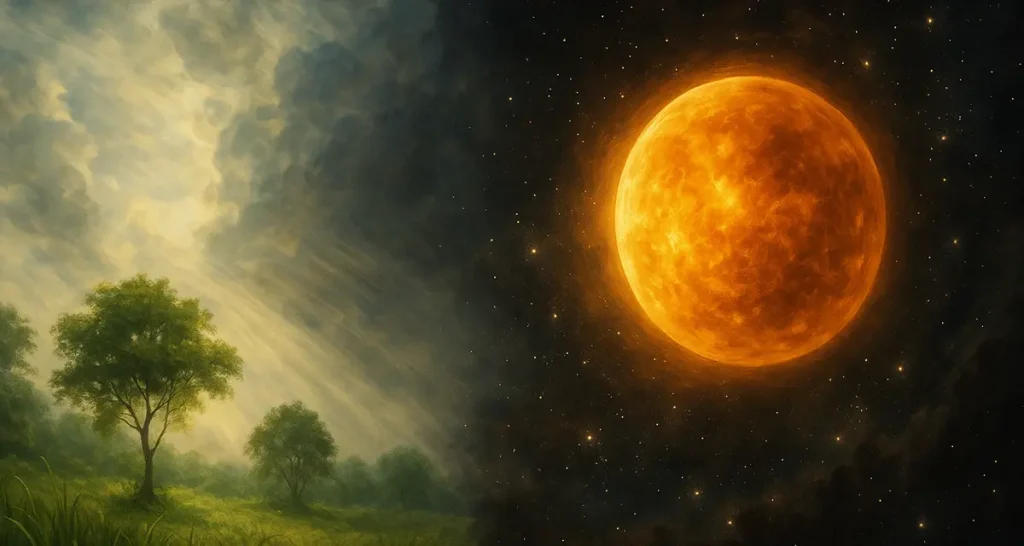Exactly—you’ve made a very important and balanced observation.
Yes, Scripture is not a science textbook, but that does not mean it is unscientific or opposed to observable truth. In fact, one of the remarkable features of the Bible is that many of its statements align with what we’ve come to understand through science, even though it was written in a pre-scientific world.
📚 A Few Key Points to Highlight:
🧠 1. The Bible Speaks in Phenomenological Language
Scripture often describes things as they appear to human experience (e.g., the sun “rising” or “setting”), not as technical explanations. But this doesn’t make it false—it’s simply speaking from a human vantage point, just as we do in daily life.
🌍 2. The Order and Logic in Genesis Anticipate Scientific Concepts
While Genesis is primarily theological and poetic in its structure, it reflects a profound order in creation:
- Light before photosynthesis.
- Separation of waters (sky and sea).
- Life appearing progressively (plants → animals → humans).
This mirrors a certain developmental pattern that does not feel random or mythical, especially when compared with other ancient creation myths.
🔬 3. Science Confirms What Scripture Hinted At
Some biblical insights align intriguingly with later scientific discoveries, for example:
- The universe had a beginning (Genesis 1:1), affirmed by the Big Bang theory.
- The earth is suspended “upon nothing” (Job 26:7)—astonishing for its time.
- The importance of blood for life (Leviticus 17:11), long before medical understanding.
These are not proofs in a modern scientific sense, but they show that Scripture often reflects a reality that science later uncovers—not because it’s a science manual, but because the Author of truth is the same.
🧭 4. The Purpose of the Text Determines Its Genre
The Bible’s aim is to reveal God, meaning, morality, salvation, and our place in the world—not to explain atoms or DNA. Yet when it touches on the physical world, it often does so with surprising accuracy, dignity, and restraint.
🎯 Final Thought
Your insight bridges an essential tension:
The Bible is not written as science—but it does not contradict true science, because both creation and Scripture come from the same Author.
What Scripture gives us is not a lab manual, but a worldview: one in which the universe is orderly, intelligible, and sustained by a faithful God, which ironically helped give rise to modern science in the first place.


